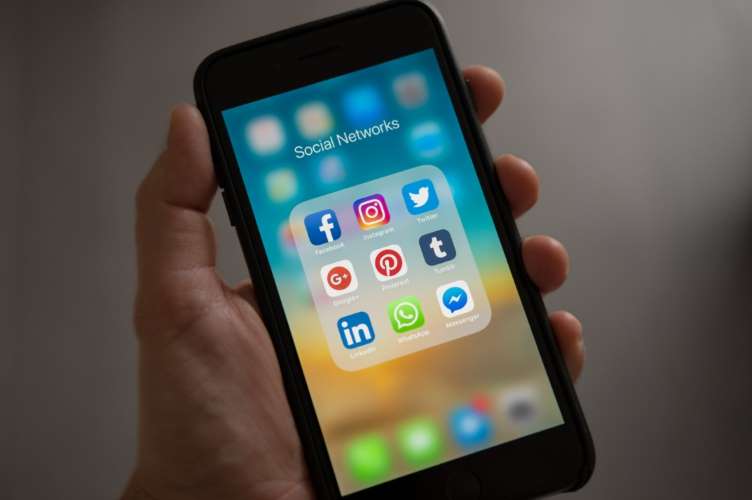
India has finally taken a decisive step towards social media regulation. The government will form appellate bodies to address concerns of users of platforms such as Facebook, Twitter, and Google. This will be part of an attempt to equip the Indian legal system to deal with advancements in technologies. The authorities seem still in favour of industry self-regulation of social media content as the plan announced on Friday do not have penal provisions.
Social media has evaded government regulation citing freedom of speech. The current proposal will create government-appointed bodies armed with powers to review and reverse content moderation and to take decisions on user complaints. The ministry of electronics and IT (MeitY) has received approval from the department of legal affairs to go ahead with the plan. The government is yet to notify the proposed changes, first introduced as part of draft amendments to the Information Technology Rules, 2021 (IT Rules) in June.
READ | Big tech continues to skirt laws; savvy regulation need of the hour
The government says that the rationale behind the move is to provide dissatisfied social media users a window to appeal to a government-appointed committee in case they are not happy with the content moderation decisions taken by a social media platforms’ grievance officers. However, civil society activists have raised concerns about the government’s involvement in the appeals process.
The government had, earlier this year, said that it will not form bodies for social media regulation if the Big Tech came together to establish a self-regulatory panel. While Meta Platforms, which owns Facebook, and Twitter were in favour of self-regulation, Google opposed any attempt towards external scrutiny. Google had flagged concerns over the potential inability to legally challenge any final content moderation decision of a self-governing body. However, informed opinion was that a self-regulatory body cannot be allowed to be dominated by Big Tech and should have equal representation from smaller start-ups.
Criticism regarding social media regulation
The latest development comes in the wake of a series of consumer complaints about being deplatformed, or being removed from a social media site, without giving them adequate avenues of hearing. However, most of these actions are undertaken in line with the requests by the government. The government seems to be legalising its involvement in such activities under the guise of consumer grievance redressal.
These developments must be seen through the lens of rising polarisation in favour of ruling parties across the globe. Big Tech is accused of promoting hate speech and creating tension between communities. But there is the threat of freedoms being taken away by draconian laws in several countries on the pretext of protecting national security. There has been a rising trend of governments acting tough with anyone who chooses to speak against its actions. Whoever wins the battle over regulation, the losers would be common citizens who may end up losing their freedom of speech fully or partially.
The Union government will set up one or more grievance appellate committees for social media regulation within three months of the notification of the new rules. The committees will have a chairperson and two whole time members appointed by the Union government, one of whom would be a government official. The committees are likely to have two independent members, however there is no clarity over how these independent members will be chosen.
This is especially worrying when social media companies have been charged with spreading hate, rigging elections, pushing false narratives over particular communities and, in general, amplifying propaganda. This is not a problem for India alone. Reining in Big Tech has been on the agenda of several countries.
READ | PMKVY 4.0: Govt must focus on quality, industry interface
Twitter’s former head of security had shared a series of jaw-dropping revelations about the tech giant’s dubious practices. This, unsurprisingly, involved hiring agents of the Indian government. According to the Washington Post, the Indian government forced Twitter to put one of its agents on the payroll with access to user data at a time when the country was witnessing intense protests.
Facebook too has its own issues. Last year, a consortium of 17 news publications published a series of stories on how the platform’s algorithm is rigged to promote hate and disinformation. The company was found reluctant to crack down on groups associated with spreading Islamophobic content. No wonder the government’s proposal to oversee content moderation and user grievance decisions is drawing criticism from civil society groups. They feel that government role in content regulation on social media platforms may suppress free speech.
As social media regulation is a global concern, international organisations must come up with a global grievance redressal mechanism instead of handing over such powers to national governments that are keen to take control of content on powerful social media platforms.
